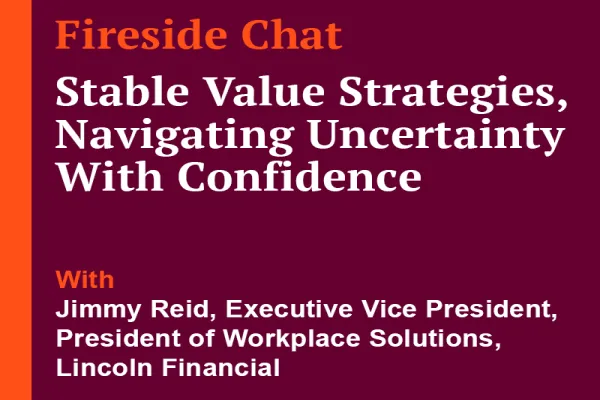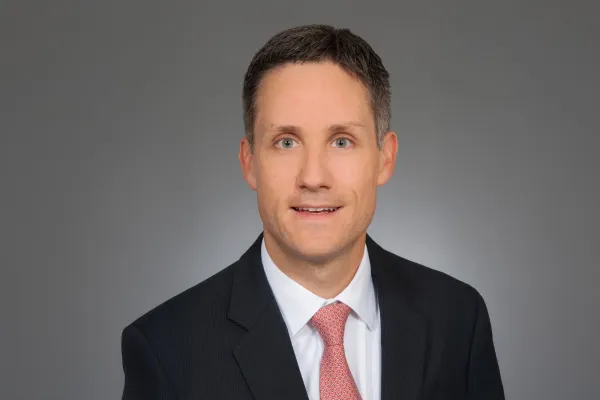Necessity being the mother of invention, fund managers have learned to improvise. After enduring more than a decade of awful stock markets in Japan and occasional market crashes in the rest of Asia, they have moved beyond traditional equity products to fine-tune their fixed-income management skills and developed the absolute-return mind-set of hedge fund managers. They have also had to keep a tight lid on costs.
"Horrifying bear markets do have some benefits," says Jan Kingzett, a London-based director of Schroder Investment Management since 1987 who has run several of the firm's Asian businesses. "A decade ago our Asian business was very equity oriented, now it is far more diversified. Savers still want to save, it's just a question of finding the products that work."
That's easier said than done. Overall, total assets rose from $5.86 trillion at the end of 2001 to $6.3 trillion a year later, a 7.5 percent gain, according to Institutional Investor's 2003 Asia 100, our ranking of the region's biggest money managers. Alas, the respectable gain turns into a loss when most Asian currencies' appreciation against the U.S. dollar is excluded. For example, Kampo, Japan's Postal Life Insurance Department, which is both the country's and the region's biggest money manager, saw its assets rise sharply to $1.04 trillion, up from $940.7 billion. Take out the yen's appreciation and Kampo's assets dropped by 0.5 percent.
The news from most parts of the asset management community was similarly glum. Four of the top ten international managers experienced asset declines in Asia last year. For example, the biggest international manager, State Street Global Advisors, reported $85.1 billion in assets, down slightly from $87.7 billion the previous year. The downward trend affected the biggest pools of local money, too. Hong Kong's SAR Exchange Fund, with $125.6 billion in assets at the end of 2001, experienced a roughly $3.1 billion decline in 2002. Australia's largest money manager, AMP Henderson Global Investors, reported $144.4 billion in assets at year-end 2002, down from $149.6 billion a year earlier.
Poor equity markets are mostly to blame. Although smaller bourses like Thailand (up 21 percent) and Indonesia (up 19 percent) rose sharply, Japan's Nikkei 225 index dropped 19 percent; Hong Kong fell 18 percent, and South Korea declined 3 percent. Even high-flying Chinese stock markets lost 16 percent of their value, according to MSCI indexes.
As a result, says Mark Konyn, head of Asian marketing for Dresdner RCM Global Investors, "there's now a much greater focus on downside risk" among both retail and institutional investors. The result: more capital-protected and fixed-income products as well as low-cost index funds. Also hot: hedge funds noncorrelated to equity performance.
With the exception of hedge funds, these aren't the most profitable products for asset managers. Most particularly in Japan, but nearly everywhere else as well, fees are under pressure. Says Keiichi Miki, who runs J.P. Morgan Fleming Asset Management in Tokyo, "All international managers are learning to live with less assets and lower profits."
The biggest complication for Asian fund managers is Japan, home to roughly three quarters of the region's retail and institutional assets and among its poorest-performing markets for more than a decade. "Japan has scale but not great margins. The rest of Asia has okay margins but not much scale," says Emmanuel Pitsilis, a partner at consulting firm McKinsey & Co.'s Hong Kong office and author of a chapter on asset management in a recent book, Banking in Asia: Acquiring a Profit Mindset. As a result, money managers have to tread carefully everywhere.
Market performance has been so poor in Japan that the government is essentially nationalizing the corporate pension system. In the past three years, the average Japanese corporate pension fund has posted losses: 12.1 percent last year, 4.2 percent in 2001 and 9.8 percent in 2000. Now severely underfunded, these pension funds have become such a drag on the economy that the government is taking about half of their money back into its own pension investment fund.
This isn't good news for firms that manage this money. "Corporate pension funds will see their assets fall by half," estimates Mark Lazberger, president of State Street Japan. "That's obviously pretty bad news for a manager who has built a business around those funds."
State Street, however, should eventually be a beneficiary. By 2009 the Government Pension Investment Fund, trying to cut costs and avoid lagging performance, will have moved 80 percent of its ¥150 trillion ($1.2 trillion) in assets to passive management. That will leave active managers fighting over ¥30 trillion to replenish their coffers.
Some managers are scaling back their Japanese operations. UBS Global Asset Management, with $41.7 billion in Asian assets, has shifted its dealers from Tokyo to its regional hub in Singapore. Deutsche Asset Management, with nearly $62 billion in Asian assets following its merger with Scudder, Stevens & Clark, has eliminated 100 jobs as part of regional cost cuts of 38 percent, according to Asia Pacific CEO James Goulding.
McKinsey's Pitsilis isn't so sure a wholesale retrenchment is what's called for. "The next five to ten years are crucial for setting up a footprint in Japan for asset managers," he says. As they have demonstrated this year, Japan's economy and its markets can improve (the Nikkei is up 19 percent this year through late August). Japan, he notes, will remain Asia's dominant asset management market for years, even as China, South Korea and smaller countries grow rapidly.
For now, fund managers are mostly rejiggering their product lines to reflect Japanese retail and institutional tastes. For example, Schroders has $825 million in capital-protected funds that appeal to Japan's huge numbers of risk-averse savers. DeAM plans to launch a U.S. real estate investment trust fund with a target yield of 8 percent designed to lure local savers faced with negative real interest rates.
Absolute-return products are also popular. Says Matt Dillon, regional director in Hong Kong for Man Group: "A few years ago we used to raise $20 million in the region. The last Man hedge fund raised over $200 million."
Although the rest of Asia's markets are much smaller than Japan's, they continue to draw interest as governments launch new pension programs and the local citizenry grows more prosperous. J.P. Morgan Fleming, for instance, now manages $5.5 billion in Taiwan, where a large middle class is putting more of its money aside, says David Hsu, CEO of JF Asset Management in Hong Kong.
DeAM's Goulding is pushing further into South Korea, the second-biggest retail market after Japan. Scudder, which the firm bought in 2002, had a long history in the country; it launched the first Korean fund in 1984. In India, where a large middle class is also emerging, DeAM earlier this year unveiled six mutual funds and raised $120 million.
China represents enormous potential, but most money managers are approaching it warily. Since last year foreign operators have been able to own 33 percent of a joint venture with a Chinese asset manager and the cap will rise to 49 percent, probably in 2005. Already, ABN Amro Asset Management, First State Investments, Fortis, ING and J.P. Morgan Fleming have established joint ventures.
As promising as these fledgling markets sound, the economic health of Japan, where the vast majority of Asian assets will continue to reside for many years, is likely to be a bigger determinant of money management success in Asia. Asset managers need to stay the course, says McKinsey's Pitsilis, "People shouldn't be discouraged by Japan."
Hong Kong Bureau Chief Kevin Hamlin contributed to this story.





